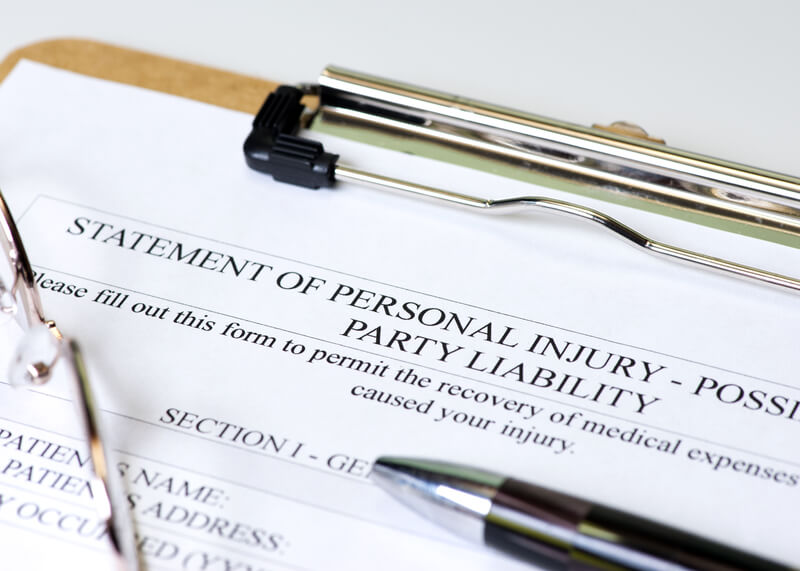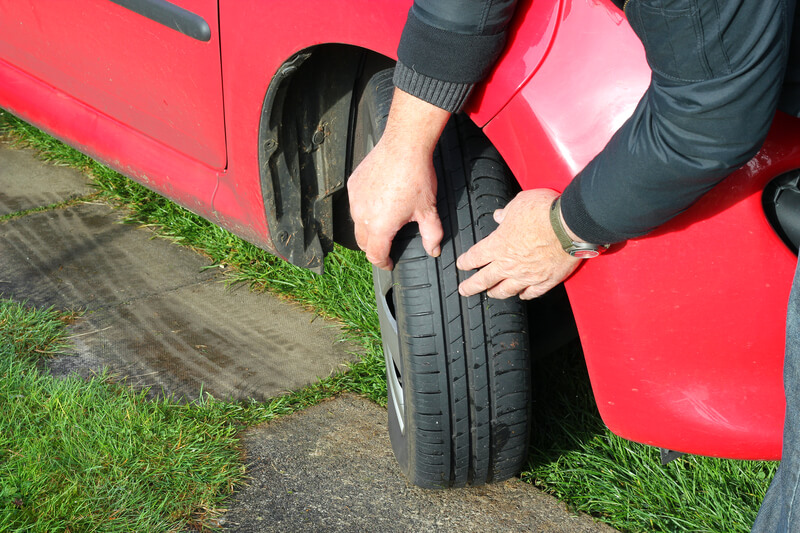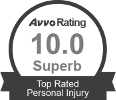Atlanta has racked up some unfortunate traffic-related distinctions in the past several years. Three of the country’s worst truck bottlenecks are in the metro area, according to the American Transportation Research Institute. (Unsurprisingly to local Atlantan drivers, all three involve I-285, sometimes called the Atlanta Bypass, a road originally built to avoid intown congestion.) Four more Atlanta-area junctions or roads make the list’s top 50. Metro Atlanta also ranked as the 10th most congested urban area in the nation, with an average of 74 hours lost to traffic slowdowns each year, according to a study by INRIX, Inc.
On Atlanta city streets, roads built to handle much smaller populations, including those near the Litner + Deganian office, like Briarcliff, Clairmont or North Druid Hills, are now major arteries that slow down at rush hour each day.
So, what should drivers do when navigating Atlanta’s congested streets (or when attempting to avoid them on the accident-heavy Atlanta Bypass)? And is there a way to avoid congestion with some creative Atlanta traffic solutions and other transit options?
Tips for Dealing with Atlanta Traffic
Whether you’re starting a new job with a new commute, adding a school pickup or you’re simply trying to plan a trip across town with a timely arrival, it’s helpful to understand what kind of drive you’re dealing with. An easy 20 minutes on a Sunday morning can turn into an hour or more during weeknight rush hour. Here are some potential Atlanta traffic solutions and key considerations before you go:
- Use GPS but be OK going off-script: GPS can offer a real-time, big-picture view of the traffic situation and help you navigate around slowdowns. But if your gut tells you that merging onto the gridlocked Connector might be a bad idea, don’t be afraid to change up your route. You might discover some (hopefully) lesser-traveled roads.
- Know the issues before you go: Checking 511ga.org (managed by the Georgia Department of Transportation, or GDOT) can give you timely updates on construction zones, accidents and road closures. Drivers can also call 511 if they spot an accident and want to request HERO assistance. Also consider researching any Georgia Express Lanes (optional toll lanes meant to ease traffic congestion) you plan to use.
- Be aware of major events: While rush hour traffic is a given, know how major events might affect your regular route and interstates, like game days for the Atlanta Braves in the I-75-Atlanta Bypass area or graduation ceremonies for universities like Emory or Georgia Tech.
- Schedule some drives for off hours: Work or school commitments might make it impossible to change commutes. If you’re able though, look for opportunities to schedule some tasks to avoid morning or afternoon rush hour. Some Georgia drivers even tack on a beneficial activity to slightly shift a commute for the better, like an early morning workout to a gym near the office that helps traffic flow.
- Prevent accidents by driving safely: Atlanta traffic congestion and traffic problems increase when there are accidents on the road. Avoid speeding and driving distracted.
- Consider public transportation: If battling traffic is too stressful to handle daily, see if alternative modes of transport or other transportation systems could fit into your schedule. MARTA bus or rail travel can be a great option in Metro Atlanta, depending on where you live and where you’re trying to go, giving you the chance to read, listen to an audiobook or just rest. You can also research transit systems like Cobb LINC, Ride Gwinnett, Xpress and the Buckhead Uptown Connection, as well as shuttles like the Atlantic Station Shuttle, the Tech Trolley (City of Atlanta and Fulton County) or the Emory Shuttle (covering DeKalb), to see if they better connect to your area.
- Bike, walk or carpool: Biking or walking to work or school can offer health benefits, allowing you to move your body instead of being stuck in your seat—a quality of life improvement for many Atlantans. If driving is the only option, consider sharing the responsibility and see if coworkers or parents at your child’s school are interested in setting up a carpool.
Remember, if you pass by an accident that’s caused a traffic jam, slow down, keep focused on the road and keep an eye out for debris or vehicles driving irregularly. Secondary accidents sometimes occur when people don’t pay attention to their surroundings and fail to notice a disabled vehicle.
Additionally, the Georgia Move Over Law requires drivers move over a lane if there’s a first-responder vehicle stopped for an accident. If it’s not possible to give a lane’s worth of space, slow down when passing an emergency vehicle with flashing lights. This helps protect the safety of police officers, emergency responders and other individuals at a crash scene.
Atlanta Car Accidents Attorneys
If you’re involved in a car accident in Atlanta, you need help getting fair compensation for your injuries and losses. At Litner + Deganian, we’ve also spent what feels like a lifetime sitting in Metro Atlanta traffic, so we understand the risks and frustrations of driving in this city we all love. If you need additional assistance or have questions about your case, set up a free consultation with our team.












